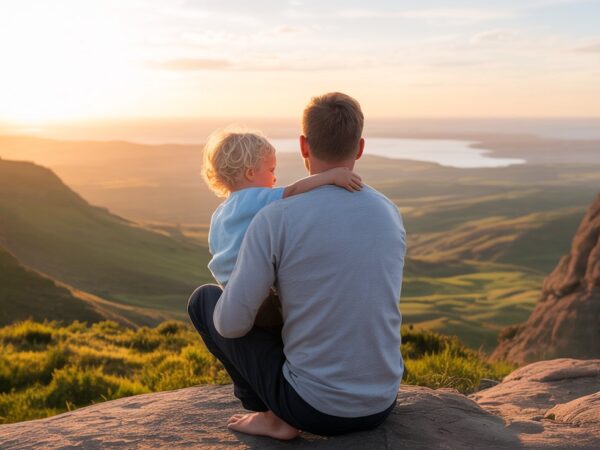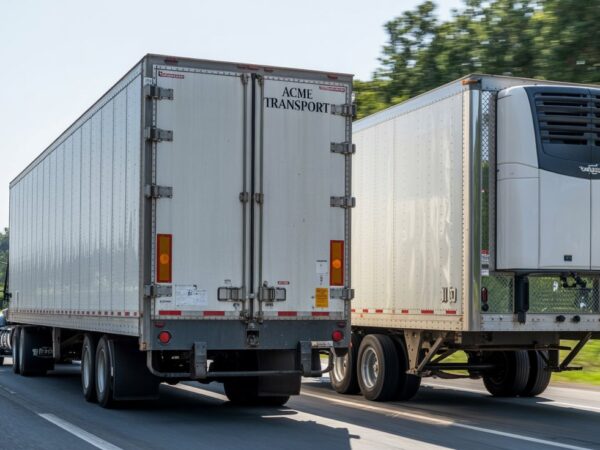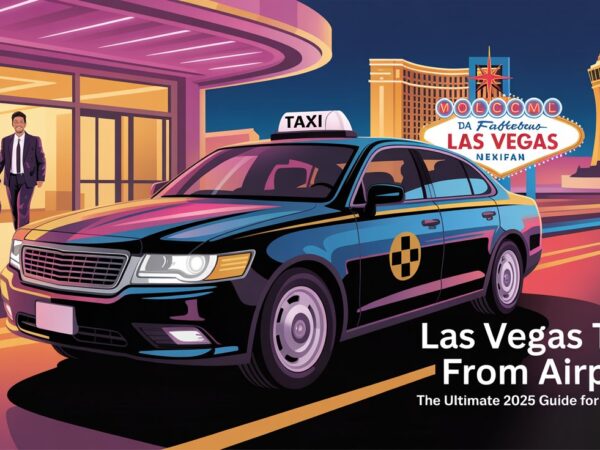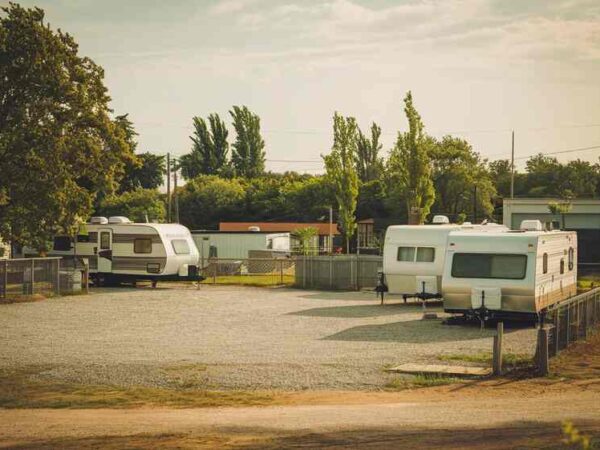Travel Tweaks: Essential Tips and Hacks for Your Next Adventure
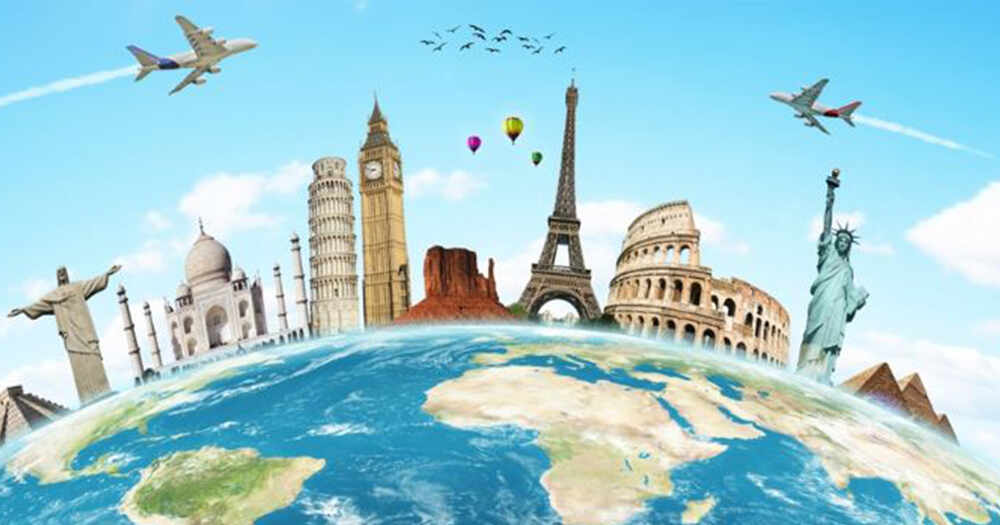
Traveling can be one of the most enriching experiences in life, but it also comes with its fair share of challenges. From packing efficiently to navigating foreign locales, travel requires a blend of preparation, adaptability, and resourcefulness. This article delves into essential travel tweaks—tips and hacks designed to make your next adventure smoother, more enjoyable, and ultimately unforgettable.
Planning and Preparation
Research Destinations Thoroughly
The foundation of any successful trip lies in thorough research. Understanding your destination beyond the typical tourist attractions can significantly enhance your travel experience. Use tools and apps like Google Earth, TripAdvisor, and local tourism websites to gather detailed insights about the culture, customs, and regional events during your visit. This preparation can help you blend in better and avoid cultural faux pas.
Moreover, consider joining travel forums and reading blogs written by travelers who have already visited your destination. These personal accounts often contain invaluable tips about what to do, what to avoid, and hidden gems that might not be featured in mainstream travel guides. Platforms like Reddit’s r/travel and Lonely Planet’s Thorn Tree forum are excellent resources for this kind of detailed, insider information.
Budget Planning
Creating a travel budget is a crucial step in the planning process. List all potential expenses, including flights, accommodation, food, transportation, and activities. Websites like Skyscanner and Kayak can help you find the best deals on flights, while Booking.com and Airbnb offer competitive rates on accommodations. Don’t forget to factor in unexpected costs such as tips, souvenirs, and emergency expenses.
Utilizing travel reward programs and discount websites can also save you considerable money. Sign up for airline miles, credit card rewards, and hotel loyalty programs. Websites like Groupon and LivingSocial often have deals on activities and dining that can further stretch your budget. Remember, a well-planned budget allows flexibility and peace of mind during travels.
Packing Tips and Tricks
Minimalist Packing Strategies
One of the most common travel mistakes is overpacking. Embracing a minimalist packing strategy can alleviate the stress of lugging around heavy bags and make your travel experience more enjoyable. Start by creating a packing list that includes only the essentials. Choose versatile clothing items that can be mixed and matched, and prioritize comfort and practicality over fashion.
Packing cubes and compression bags can help organize your items and save space. Roll your clothes instead of folding them to maximize space and minimize wrinkles. Pack a small laundry detergent packet or soap to wash clothes on the go if needed. The key is to pack light but intelligent.
Smart Packing Tools
Investing in a few intelligent packing tools can significantly enhance your travel experience. Packing cubes, for example, help you keep your belongings organized and easily accessible. Compression bags are great for reducing the volume of bulky items like jackets and sweaters. A multi-functional travel pillow can provide comfort during long flights and double as a backrest during layovers.
Additionally, consider using a digital luggage scale to avoid overweight baggage fees. A portable luggage scale can save you the hassle and expense of rearranging your luggage at the airport. Lastly, don’t forget a high-quality, durable travel backpack with multiple compartments for easy organization and access.
Packing for Different Climates
Traveling to destinations with varying climates can be challenging, but with careful planning, you can pack effectively for all weather conditions. Layering is the key to packing for different climates. Start with a moisture-wicking base layer, add insulating layers for warmth, and top off with a waterproof outer layer. This approach allows you to adjust your clothing based on the weather throughout your trip.
Pack versatile pieces that can be worn in multiple ways. For instance, a lightweight jacket can be layered over sweaters in colder climates or worn alone in milder weather. Quick-dry and breathable fabrics are ideal for warm climates and can be easily washed and dried overnight. Always check the weather forecast for your destination before you pack to ensure you’re prepared for any climate variations.
Travel Technology
Useful Travel Apps
In today’s digital age, travel apps are indispensable tools that can streamline your travel experience. Apps like Google Maps and Waze offer reliable navigation and traffic updates, helping you navigate unfamiliar cities. Language translation apps like Google Translate can bridge communication gaps and enhance your interactions with locals.
Apps like Yelp and TripAdvisor provide user-generated reviews of restaurants, attractions, and services for finding local recommendations. Additionally, apps like Splitwise help you manage expenses when traveling with a group, ensuring everyone pays their fair share. By leveraging these travel apps, you can navigate new environments with confidence and ease.
Staying Connected
Staying connected while traveling is essential for convenience and safety. Mobile connectivity options like eSIM technology offer seamless internet access without needing physical SIM cards. Companies like Airalo and GigSky provide eSIM services that allow you to stay connected in multiple countries without the hassle of swapping SIM cards.
Portable chargers and travel adapters are also must-have items. A high-capacity power bank ensures your devices stay charged throughout the day, while a universal travel adapter allows you to plug in and power up no matter where you are. Staying connected enables you to access maps, make reservations, and keep in touch with loved ones while on the go.
Safety and Security Tools
Safety and security of your belongings and personal information is paramount while traveling. Invest in an anti-theft backpack with lockable zippers and RFID-blocking compartments to protect your valuables from pickpockets and electronic theft. A portable safe can secure important documents and electronics in your hotel room.
A VPN (Virtual Private Network) is crucial when accessing public Wi-Fi networks. A VPN encrypts your internet connection, protecting your personal information from potential hackers. Services like NordVPN and ExpressVPN are popular choices among travelers. Additionally, make digital copies of your important documents, such as your passport and travel insurance, and store them securely online for easy emergency access.
In-Transit Tips
Airport and Flight Hacks
Navigating airports and enduring long flights can be stressful, but you can make the experience more comfortable with a few hacks. Booking flights during off-peak times can save you money and reduce the chances of delays and crowded airports. Use tools like SeatGuru to choose the best seats on your flight, considering factors like legroom and proximity to restrooms.
Pack a travel pillow, noise-canceling headphones, and an eye mask to stay comfortable during flights. Staying hydrated is essential, so bring an empty water bottle to fill up after passing through security. Stretch and move around during the flight to prevent stiffness and reduce the risk of deep vein thrombosis. These simple tweaks can make a significant difference in your overall travel experience.
Road Trip Essentials
Road trips offer a unique way to explore new places but require careful planning to ensure a smooth journey. Start by planning your route and stops in advance. Use apps like Roadtrippers to discover exciting attractions, scenic routes, and convenient rest stops. Ensure your vehicle is in good condition by checking the oil, tires, and brakes before you hit the road.
Pack a roadside emergency kit with essentials like a first-aid kit, flashlight, jumper cables, and basic tools. Snacks and drinks are also essential to keep you fueled and hydrated during long drives. Entertainment options like audiobooks, podcasts, and playlists can make the journey more enjoyable. Being well-prepared lets you focus on the adventure and create lasting memories.
Public Transportation
Public transportation is often the most efficient and economical way to navigate a new city. Research the local transit system before you arrive, and consider purchasing a city pass or travel card that offers unlimited rides on buses, trains, and subways. Apps like Moovit and Citymapper provide real-time transit information and route planning, making it easier to get around.
Understanding the local public transportation system can save you time and money and offer a glimpse into daily life in your destination. Be mindful of peak hours to avoid crowded commutes, and constantly monitor your belongings in busy transit areas. Public transportation helps you move around efficiently and contributes to a more authentic travel experience.
Accommodation Strategies
Finding the Right Place to Stay
Choosing suitable accommodation can significantly impact your travel experience. Consider factors like location, amenities, and budget when selecting a place to stay. Websites like Booking.com, Airbnb, and Hotels.com offer various options, from budget hostels to luxury hotels. Reading reviews and ratings from previous guests can help you make an informed decision.
For more extended stays, accommodations with kitchens can save you money on dining out and provide a home-like environment. Like those from Bluegreen, timeshare rentals offer spacious accommodations with kitchen facilities at discounted rates. Staying in a well-located accommodation can also reduce transportation costs and make it easier to explore your destination.
Booking Tips
When booking accommodation, timing can make a big difference in price. Booking in advance often secures the best rates, but last-minute deals can also be found if you’re flexible with your plans. Use price comparison tools like Trivago to find the best deals across multiple booking platforms. Contacting the hotel directly to inquire about special offers or discounts can also be beneficial.
Reading the fine print is crucial to avoid any unexpected fees or restrictions. Be aware of cancellation policies and check-in/check-out times. If you have specific preferences or requirements, such as a non-smoking room or a quiet location, make these requests clear during the booking process. Clear communication with your accommodation provider ensures a smooth and pleasant stay.
Local Experience Optimization
Immersive Travel
To truly experience a destination, immerse yourself in the local culture and community. Engage with locals, participate in traditional events, and explore areas beyond the typical tourist spots. Learning a few basic phrases in the local language can go a long way in building rapport and showing respect for the culture.
Consider participating in local workshops or classes to understand the area’s heritage better. Cooking classes, artisan crafts, or dance lessons are excellent ways to connect with the local culture. These activities provide a unique experience, stories, and skills to bring back home. Additionally, staying in locally owned accommodations, dining at neighborhood eateries, and shopping at local markets support the community and offer a more authentic experience than international chains.
Food and Dining
Exploring local cuisine is an essential part of any travel experience. Seek out authentic dining experiences by eating where the locals do. Street food stalls, family-owned restaurants, and local markets often offer the most genuine and delicious food at reasonable prices. Use apps like Yelp, TripAdvisor, and local food blogs to discover hidden culinary gems.
For those with dietary restrictions, research local dishes that fit your needs and learn how to communicate these requirements in the local language. This preparation ensures you can enjoy the local cuisine safely and comfortably. If you’re feeling adventurous, consider joining a food tour. These guided experiences offer a curated taste of the local food scene and often include insights into the area’s culinary history and traditions.
Hidden Gems
One of the best aspects of travel is discovering hidden gems—those off-the-beaten-path attractions that provide unique and memorable experiences. Avoid the crowds by exploring lesser-known sites and attractions. Ask locals for recommendations or venture into areas not covered by traditional tourist maps.
Guided tours by local experts can also reveal hidden treasures you might miss. These guides often have extensive knowledge of the area’s history, culture, and secret spots. Whether it’s a secluded beach, a quiet mountain trail, or a quaint village, finding these hidden gems can be the highlight of your trip and give you stories to share for years to come.
Post-Travel Tips
Managing Travel Memories
Capturing and organizing your travel memories allows you to relive your adventures long after you’ve returned home. Start sorting and editing your photos soon after your trip while the memories remain fresh. Create albums or digital scrapbooks to share with friends and family. Consider using photo editing software to enhance your images and highlight the best moments of your trip.
Writing about your experiences in a travel journal or blog can also be a rewarding way to preserve your memories. Reflecting on your journey helps you appreciate the moments you’ve experienced and provides a detailed account you can revisit. Sharing your stories online can inspire others and connect you with a community of fellow travelers.
Health and Wellness
Travel can take a toll on your body, especially if you’ve crossed multiple time zones. To combat jet lag, gradually adjust your sleep schedule to your destination’s time zone a few days before departure. Stay hydrated, avoid caffeine and alcohol, and spend time in natural sunlight upon arrival to help reset your internal clock.
Maintaining your fitness routine while traveling is also important. Many hotels offer gyms, but if that’s not an option, consider outdoor activities like hiking, running, or even a brisk walk to explore your surroundings. Yoga and stretching exercises can also help relieve travel-related stiffness and improve overall well-being. Prioritizing health and wellness ensures you have the energy and stamina to enjoy your travels fully.
Sustainable Travel Practices
In today’s world, sustainable travel practices are more critical than ever. Making eco-friendly choices while traveling can reduce your carbon footprint and help preserve the destinations you visit. Start by choosing airlines with strong environmental policies and opting for non-stop flights when possible to minimize emissions.
Use public transportation, walk, or bike instead of relying on taxis and rental cars. When booking accommodations, look for eco-friendly hotels that implement sustainable practices such as energy conservation, waste reduction, and support for local communities. Be mindful of your waste, use reusable water bottles and bags, and avoid single-use plastics.
Supporting local economies by purchasing goods and services from local businesses contributes to sustainable travel. Choose souvenirs that are locally made and reflect the culture of the area. By being conscious of your environmental impact, you help ensure that future travelers can enjoy the same beautiful destinations.
Conclusion
Traveling offers an unparalleled opportunity to explore new places, experience different cultures, and create lasting memories. By incorporating these travel tweaks into your planning and journey, you can enhance your travel experience, making it smoother, more enjoyable, and ultimately more fulfilling. From meticulous preparation and smart packing to immersive local experiences and sustainable practices, these tips and hacks cover every aspect of travel. So, confidently embark on your next adventure, armed with the knowledge to make the most of every moment.
Read more interesting topic at Tech Behind It.


